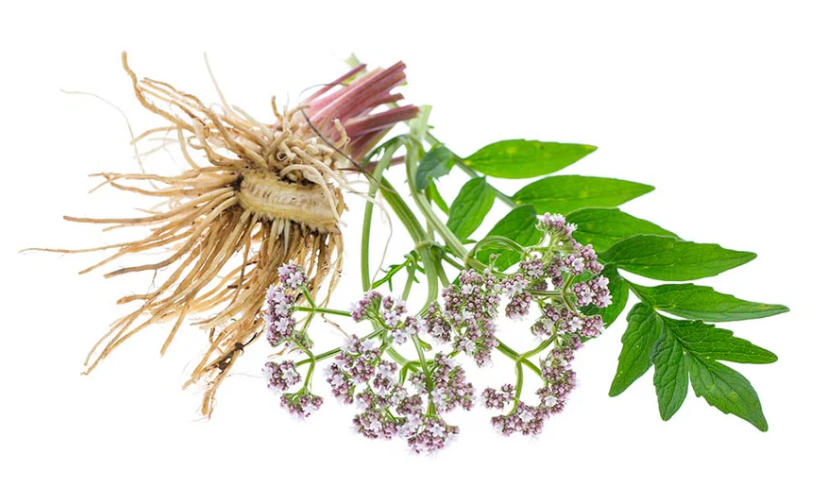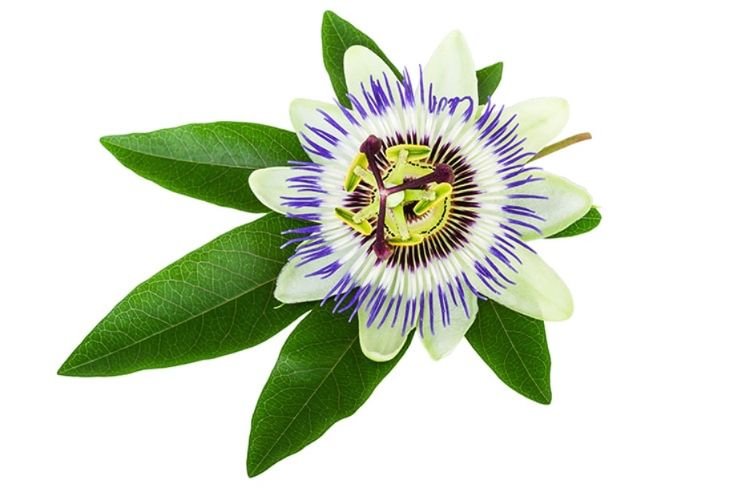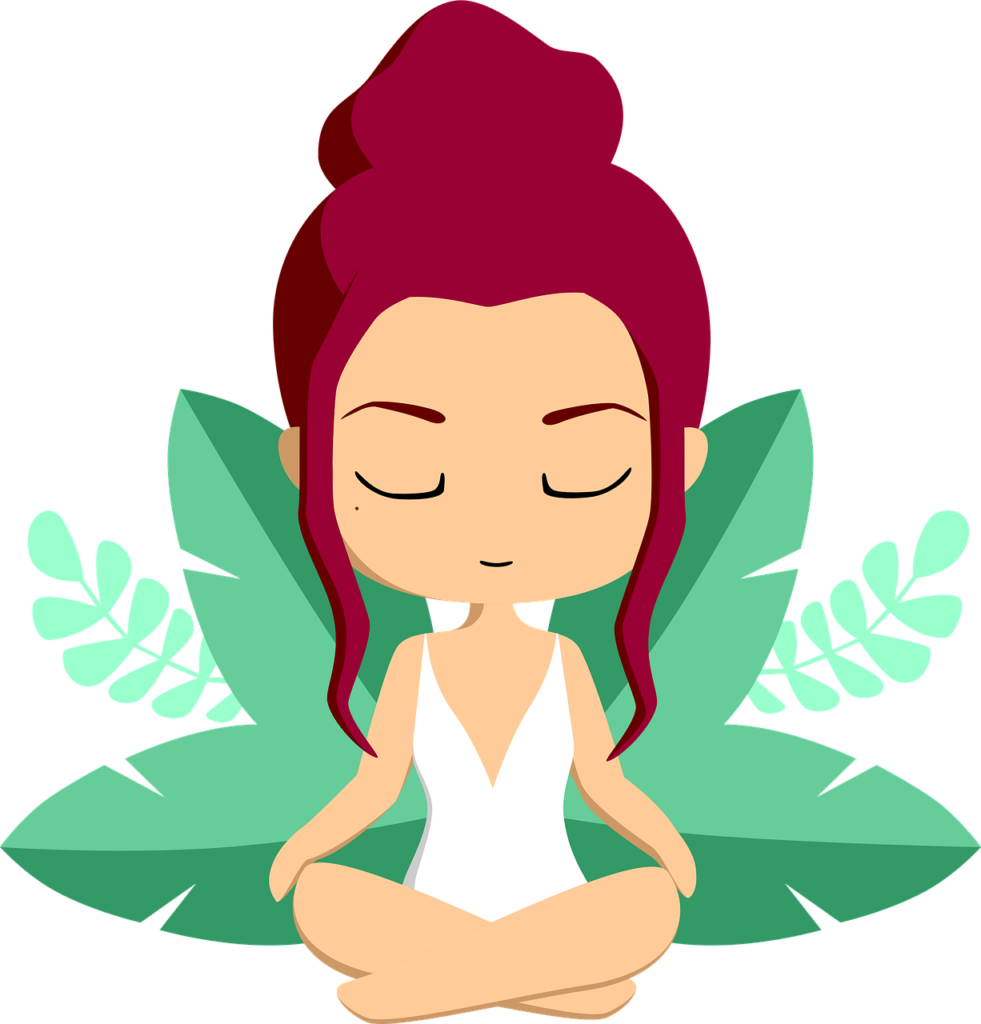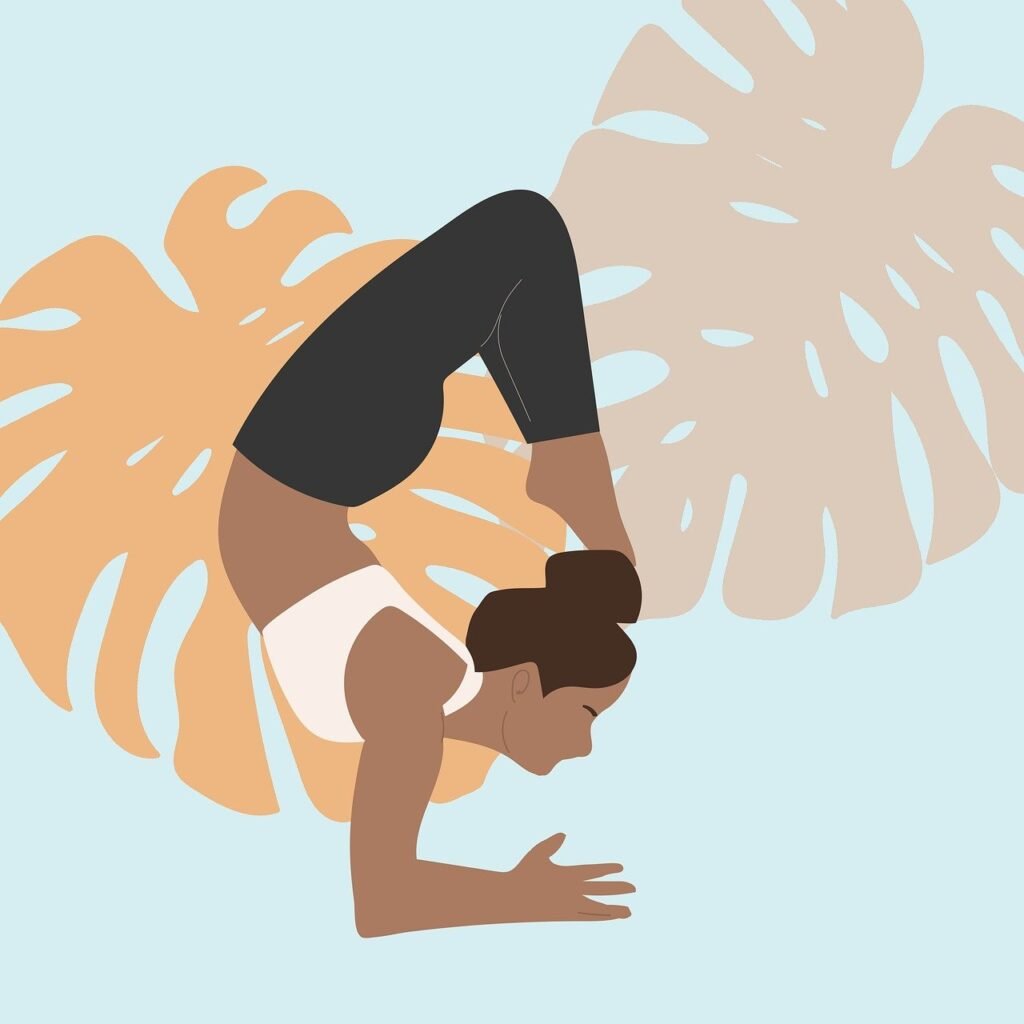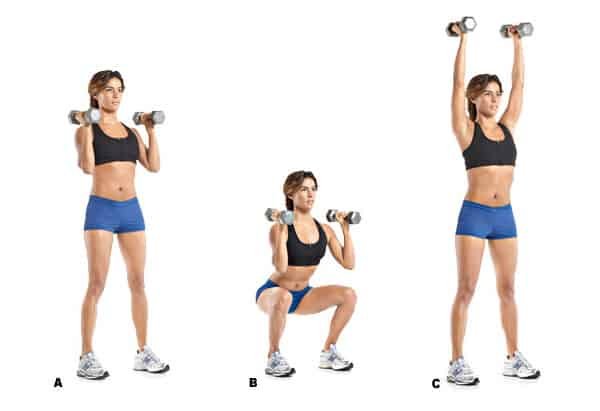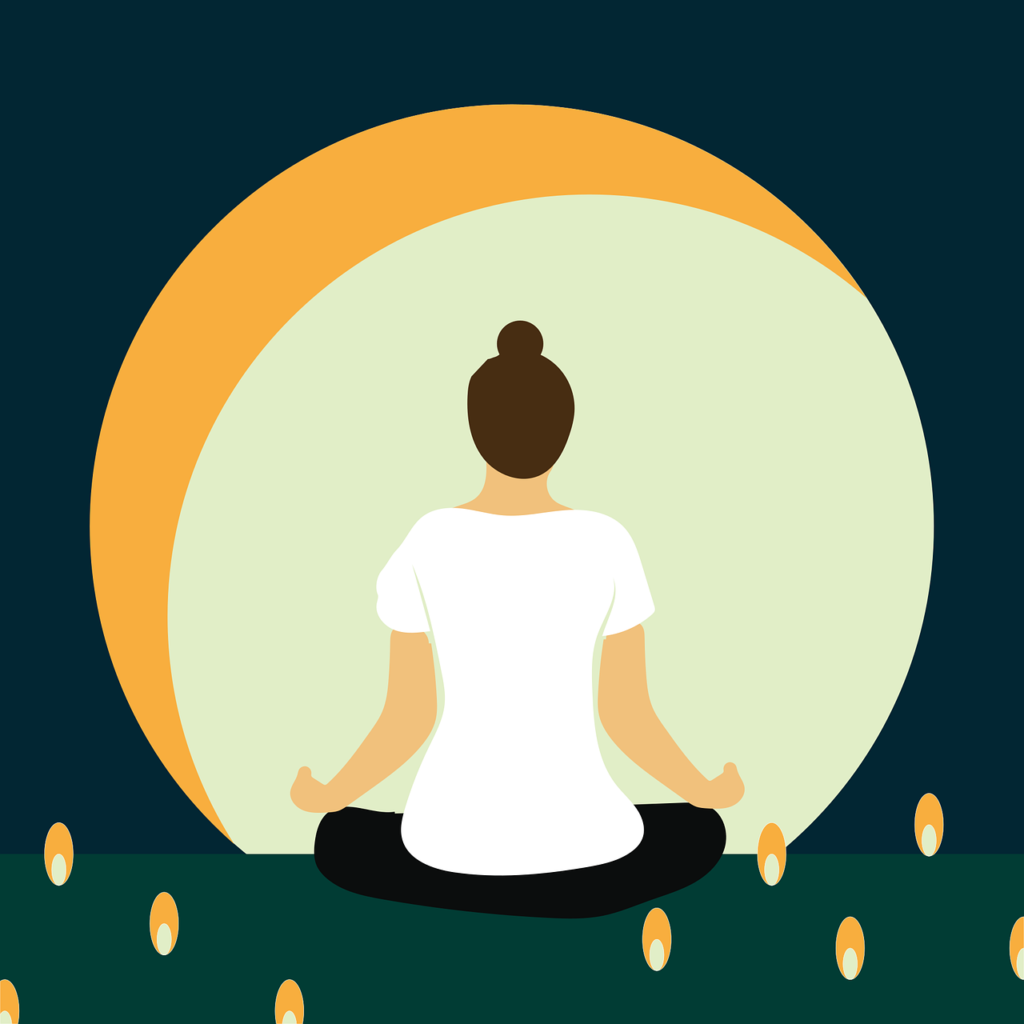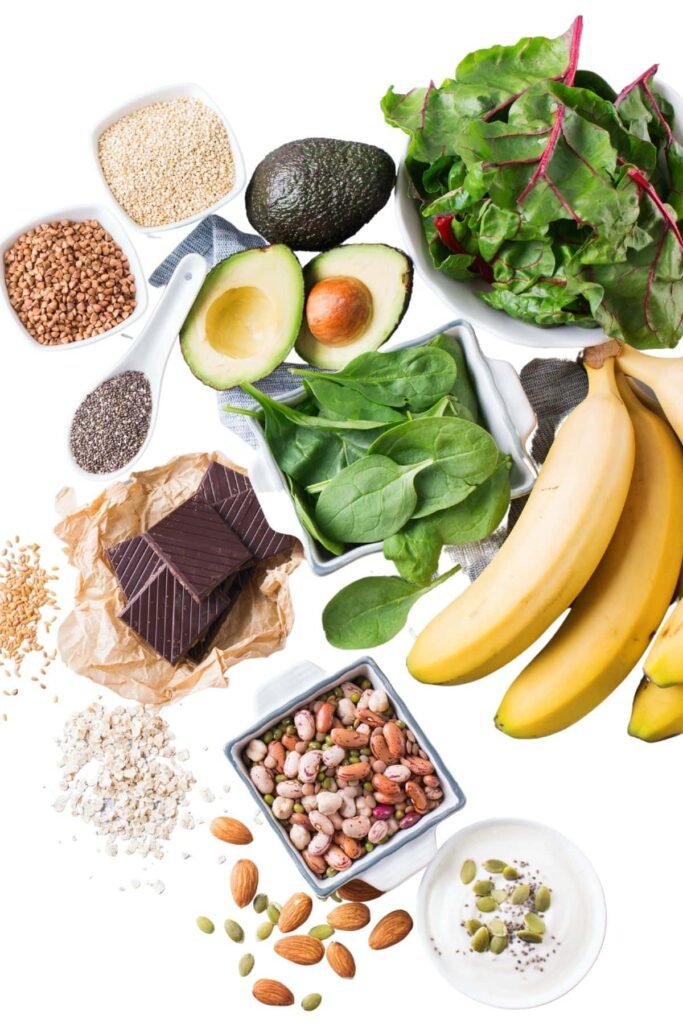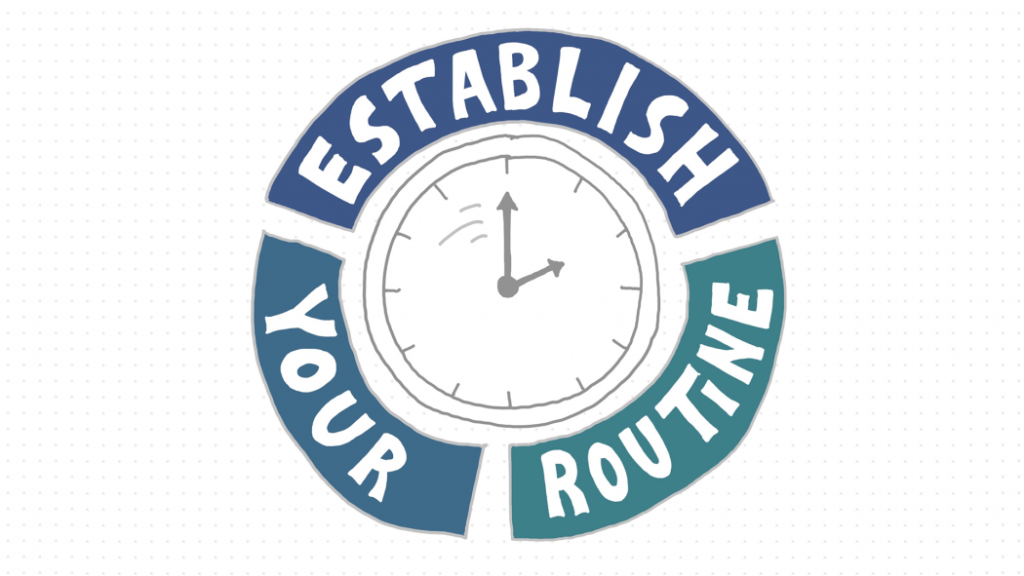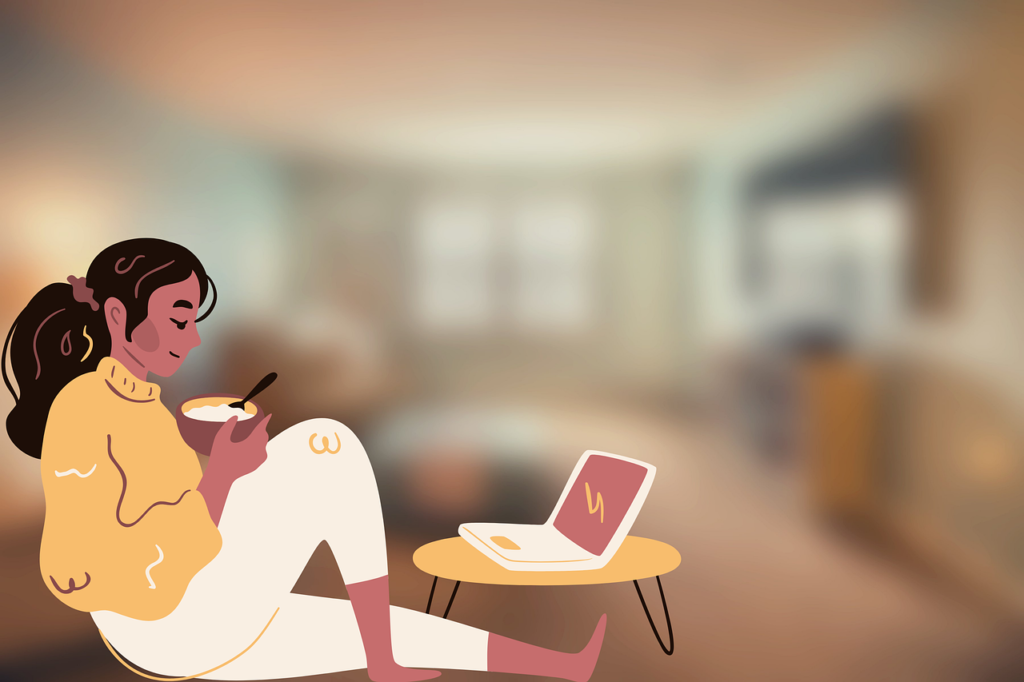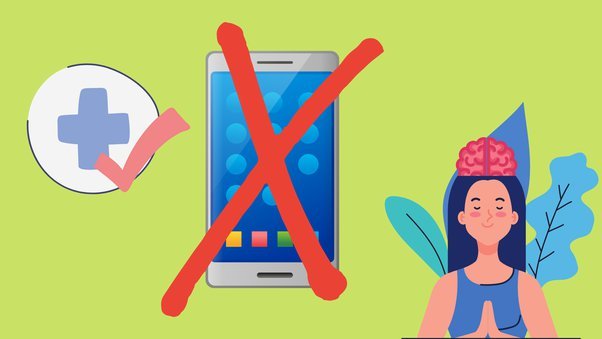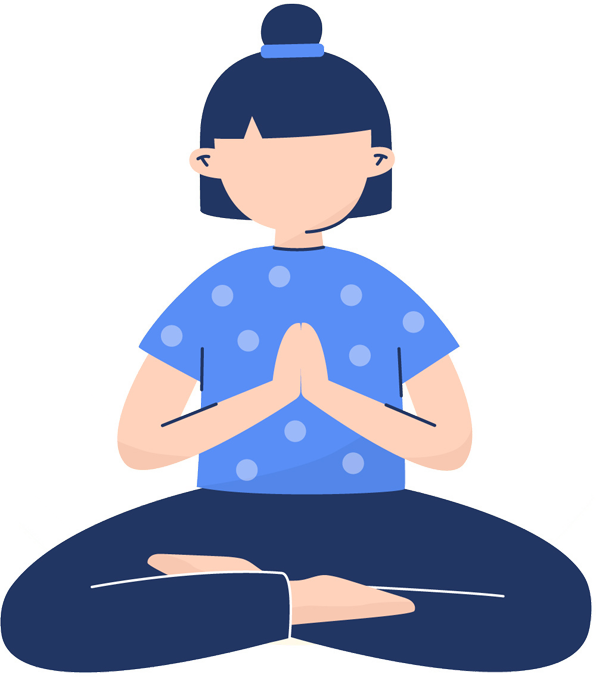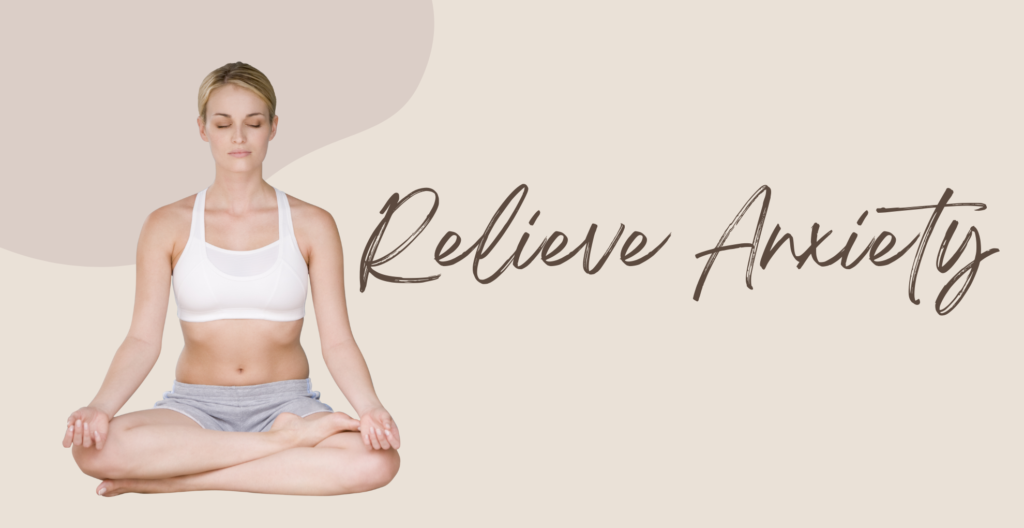
5 Natural Remedies to Relieve Anxiety
Anxiety is a common mental health issue that affects millions of people worldwide. While medication and therapy are effective treatments, some seek natural remedies to complement these traditional approaches. Natural remedies can be beneficial in managing anxiety, as they often come with fewer side effects and can be easily integrated into daily routines. This blog explores five natural remedies that can help alleviate anxiety, providing a holistic approach to mental well-being.
Lavender is another popular herb for anxiety relief. It can be used in various forms, including essential oils, teas, and supplements. Lavender has a soothing scent that can help reduce anxiety levels and promote a sense of calm.
Valerian root is often used to treat insomnia and anxiety. It works by increasing the levels of GABA (gamma-aminobutyric acid) in the brain, which has a calming effect on the nervous system.
Passionflower is another herb that can help reduce anxiety. It works by increasing levels of GABA in the brain. Passionflower is available in various forms, including teas, tinctures, and capsules.
2. Mindfulness and Meditation
Mindfulness and meditation are practices that involve focusing your mind on the present moment. These practices can help reduce anxiety by interrupting the cycle of negative thoughts and bringing your attention to the here and now.
Meditation is a practice that involves focusing your mind on a particular object, thought, or activity to achieve a mentally clear and emotionally calm state. There are various types of meditation, including:
- Guided Meditation: Involves listening to a guide who leads you through a meditation practice.
- Mantra Meditation: involves repeating a word or phrase to focus your mind.
- Mindfulness Meditation: Involves focusing on your breath and being present in the moment.
Yoga combines physical postures, breathing exercises, and meditation. It is an excellent practice for reducing anxiety, as it promotes relaxation and helps reduce stress levels. Certain yoga poses, such as child’s pose, cat-cow pose, and legs-up-the-wall pose, are particularly beneficial for calming the mind.
Practicing Mindfulness and Meditation: To get started with mindfulness and meditation, you can use apps like Headspace, Calm, or Insight Timer. These apps offer guided meditation and mindfulness exercises for beginners. Additionally, attending a local yoga or meditation class can provide structure and support as you develop your practice.
3. Exercise
Exercise is a powerful remedy for anxiety. Physical activity can help reduce stress hormones, increase endorphins (the body’s natural mood lifters), and improve overall mental well-being.
Walking in nature, also known as “forest bathing” or “Shinrin-yoku,” can be incredibly calming. Being in natural surroundings helps reduce cortisol levels and promotes a sense of peace.
Incorporating Exercise into Your Routine: To get the most benefit from exercise, aim for at least 30 minutes of moderate activity most days of the week. Choose activities you enjoy, as you are more likely to stick with them. Joining a class or finding a workout buddy can also help keep you motivated.
What you eat can have a significant impact on your anxiety levels. A balanced diet that includes a variety of nutrients can help support your mental health.
Complex carbohydrates, like whole grains, legumes, and vegetables, can help stabilize blood sugar levels. Stable blood sugar levels can prevent mood swings and reduce anxiety.
Antioxidant-rich foods, such as berries, nuts, and dark chocolate, can help protect your brain from oxidative stress. Oxidative stress can contribute to anxiety and other mental health issues.
Improving Your Diet: To improve your diet, focus on whole, unprocessed foods. Eating a variety of fruits, vegetables, lean proteins, and healthy fats can provide your body with the nutrients it needs to function optimally. It may also be helpful to reduce your intake of caffeine and alcohol, as these substances can exacerbate anxiety symptoms.
Sleep plays a critical role in managing anxiety. Poor sleep can increase anxiety levels, and anxiety can make it difficult to sleep, creating a vicious cycle. Improving your sleep hygiene can help break this cycle.
Avoid consuming caffeine, nicotine, or large meals before bedtime, as these can interfere with your ability to fall asleep and stay asleep.
Improving Sleep Hygiene: To improve your sleep hygiene, start by evaluating your current habits and environment. Make small changes gradually, and be patient with yourself as you adjust. It may take time to see improvements, but consistently practicing good sleep hygiene can lead to better sleep and reduced anxiety.
Conclusion
Anxiety is a complex condition that can be managed with a combination of approaches. While medication and therapy are essential components of treatment for many people, natural remedies can also play a significant role in reducing anxiety. Herbal supplements, mindfulness and meditation, exercise, diet and nutrition, and sleep hygiene are all effective natural remedies that can help alleviate anxiety symptoms. By incorporating these practices into your daily routine, you can create a holistic approach to managing anxiety and improving your overall well-being.
Remember, it is essential to consult with a healthcare professional before starting any new treatment or making significant changes to your lifestyle. What works for one person may not work for another, and a healthcare professional can help you develop a personalized plan that meets your specific needs.




